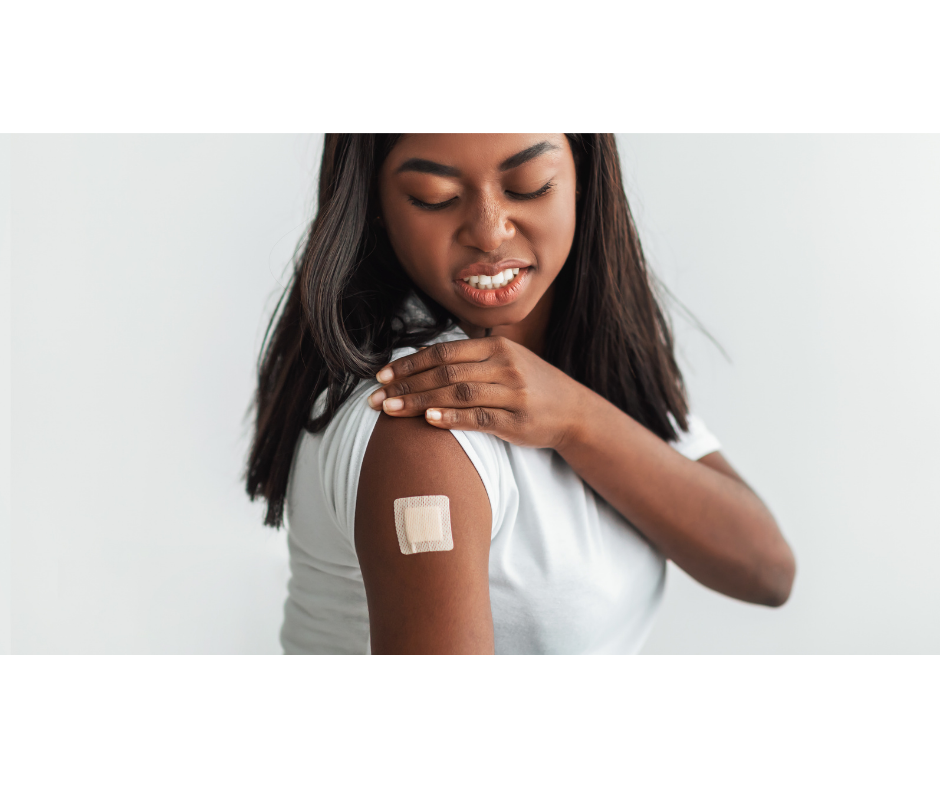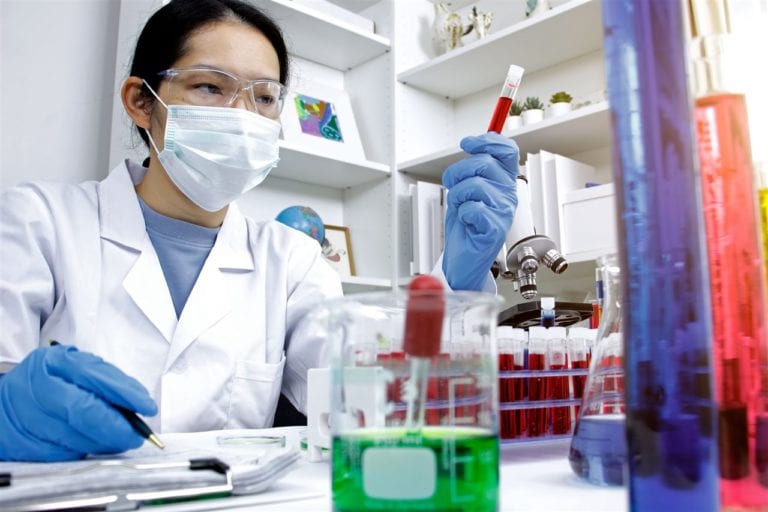Provided by the American Heart Association
Research Highlights:
- Most adolescents and young adults with suspected myocarditis following a COVID-19 vaccination experience mild symptoms and rapid clinical recovery, though many had evidence of continued heart inflammation, according to a new study published today.
- Study authors said fast ventricular rhythms and the need for medications to increase blood pressure were uncommon; no patients died or needed mechanical support for circulation as a result of the condition.
- While cases of myocarditis following COVID-19 vaccinations continue to be rare, more research is needed to understand whether there are long-term cardiac effects of COVID-19-vaccine-associated myocarditis.
Most young people under the age of 21 who developed suspected COVID-19 vaccine-related heart muscle inflammation known as myocarditis had mild symptoms that improved quickly, according to new research published today in the American Heart Association’s flagship journal Circulation.
Myocarditis is a rare but serious condition that causes inflammation of the heart muscle. It can weaken the heart and affect the heart’s electrical system, which keeps the heart pumping regularly. It is most often the result of an infection and/or inflammation caused by a virus.
Using data from 26 pediatric medical centers across the United States and Canada, researchers reviewed the medical records of patients younger than 21 who showed symptoms, lab results or imaging findings indicating myocarditis within one month of receiving a COVID-19 vaccination, prior to July 4, 2021. Cases of suspected vaccine-associated myocarditis were categorized as “probable” or “confirmed” using CDC definitions.
Of the 139 teens and young adults, ranging from 12 to 20 years of age, researchers identified and evaluated:
- Most patients were white (66.2%), nine out of 10 (90.6%) were male and median age was 15.8 years.
- Nearly every case (97.8%) followed an mRNA vaccine, and 91.4% occurred after the second vaccine dose.
- Onset of symptoms occurred at a median of 2 days following vaccine administration.
- Chest pain was the most common symptom (99,3%); fever and shortness of breath each occurred in 30.9% and 27.3% of patients, respectively.
- About one in five patients (18.7%) was admitted to intensive care, but there were no deaths. Most patients were hospitalized for two or three days.
- More than three-fourths (77.3%) of patients who received a cardiac MRI showed evidence of inflammation of or injury to the heart muscle.
- Nearly 18.7% had at least mildly decreased left ventricular function (squeeze of the heart) at presentation, but heart function had returned to normal in all who returned for follow-up.
For more information, please visit heart.org and stroke.org, and for the full article, please visit newsroom.heart.org.
This study received no outside funding.
Statements and conclusions of studies published in the American Heart Association’s scientific journals are solely those of the study authors and do not necessarily reflect the Association’s policy or position. The Association makes no representation or guarantee as to their accuracy or reliability. The Association receives funding primarily from individuals; foundations and corporations (including pharmaceutical, device manufacturers and other companies) also make donations and fund specific Association programs and events. The Association has strict policies to prevent these relationships from influencing the science content. Revenues from pharmaceutical and biotech companies, device manufacturers and health insurance providers and the Association’s overall financial information are available here.






